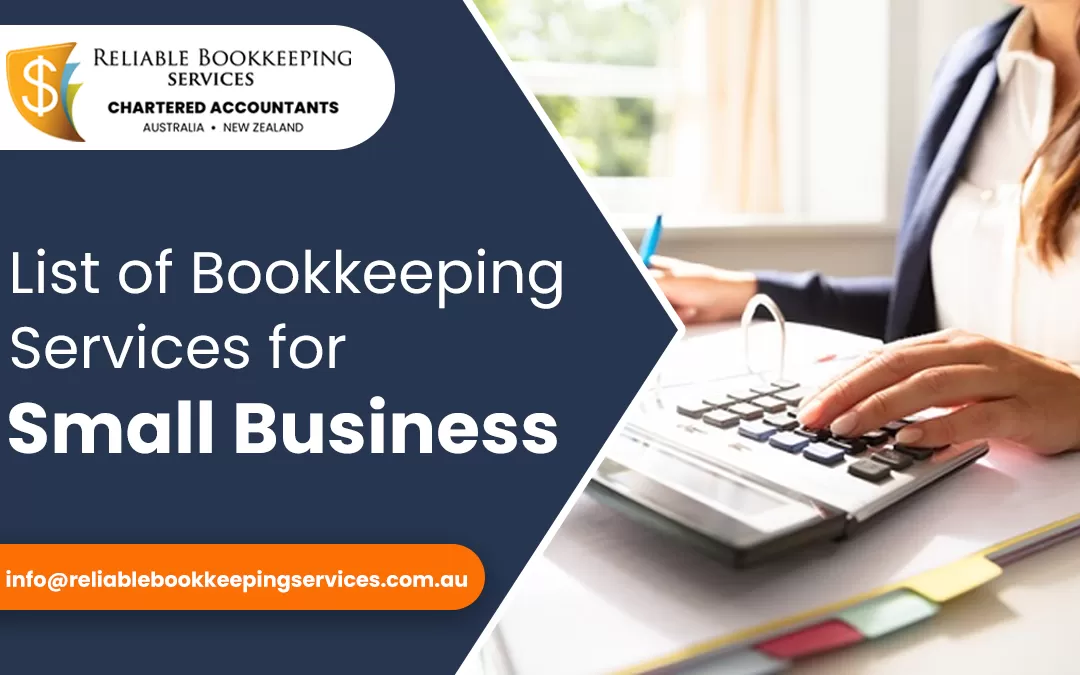So, you’re thinking about starting a bookkeeping business?
Let me tell you—this is one of the smartest, most flexible paths into entrepreneurship you can take right now. Whether you’re looking to ditch your 9–5, work from your couch in fuzzy socks, or build an empire one balance sheet at a time, bookkeeping is seriously underrated. how to start a bookkeeping business
I’ve helped several freelancers and side hustlers take the leap into running their own bookkeeping gigs—and if I can be brutally honest, it’s not rocket science. But it does take strategy, confidence, and a bit of coffee-fueled hustle.
Ready to turn those spreadsheets into steady income? Let’s dive right into it.
Step 1: Understand What a Bookkeeping Business Really Is

You’re not just punching numbers into Excel. Bookkeepers are the behind-the-scenes heroes helping businesses:
- Track income & expenses
- Reconcile accounts
- Handle payroll (if you want)
- Prep financials for tax time
- Stay compliant and organized
Think of yourself as the clean-up crew for chaotic finances. You help clients understand where their money’s going—and that’s valuable as heck. how to start a bookkeeping business
Pro Tip: You’re not an accountant (unless you’re certified as one). Bookkeepers focus on the day-to-day transactions, while accountants deal more with taxes and audits.
Step 2: Get the Right Skills—You Don’t Need a CPA!
Surprise: you don’t need to be a certified accountant to start a bookkeeping business in most places (especially the UK and US). That said, you do need to know what you’re doing. how to start a bookkeeping business
Here’s what you should learn (or brush up on):
- Double-entry bookkeeping
- Basic accounting principles
- How to use software like QuickBooks, Xero, FreshBooks
- Bank reconciliations
- Invoicing & expense tracking
Plenty of online courses can teach you this. Some crowd faves:
- Bookkeeper Launch (great for beginners)
- QuickBooks ProAdvisor Certification (totally free!)
- Xero Partner Program
Real Talk: If you’re naturally organized, detail-oriented, and not terrified of numbers, you’ve already got the personality of a solid bookkeeper. how to start a bookkeeping business
Step 3: Choose Your Niche (Seriously, This Changes Everything)
Trying to be everything to everyone is the fastest way to burn out and blend in. how to start a bookkeeping business
Instead, pick a niche. That means choosing:
- A specific industry (e.g. e-commerce, law firms, digital agencies)
- A business size (e.g. solopreneurs, small teams)
- A software focus (e.g. Xero-only clients)
Why niche down? Because it:
- Makes marketing easier
- Helps you charge more
- Builds authority faster
Example: “I do bookkeeping for Shopify store owners using Xero” is a lot more appealing than “I do bookkeeping for everyone.” how to start a bookkeeping business
Step 4: Set Up the Legal Stuff (Yup, Time to Adult)
Before you start offering your services, handle the boring-but-essential legal side:
✅ Register your business – In the UK, that means registering as a sole trader or limited company via HMRC. In the US, it might be an LLC. how to start a bookkeeping business
✅ Open a business bank account – Never mix business and personal money.
✅ Get insurance – Look into professional liability insurance or indemnity cover.
✅ Check for local licensing – Bookkeeping doesn’t usually require licenses, but check your region just in case.
Pro Tip: Use a business name that sounds credible but memorable. “Precise Ledger Solutions” beats “Talha’s Tax & Stuff” any day. how to start a bookkeeping business
Step 5: Set Up Your Office (Even if It’s Your Kitchen Table)
One of the best things about bookkeeping? You can do it from anywhere. how to start a bookkeeping business
What you’ll need:
- A reliable laptop (don’t skimp—you’re running a business now)
- High-speed internet (obviously)
- Cloud-based bookkeeping software (QuickBooks, Xero, FreshBooks)
- A scanner app or scanner for receipts
- A comfy chair (your back will thank you)
Optional but awesome:
- Dual monitors – trust me, you’ll never go back
- Noise-canceling headphones – for Zoom calls and focus mode how to start a bookkeeping business
- Coffee station – because… life
Step 6: Set Your Pricing (And Don’t Undersell Yourself)
Ah yes, the golden question: how much should you charge?
Here are your options:
Hourly Rate:
- Good for one-off or ad hoc work
- Common for beginners
- Rates vary: £20–£50/hour in the UK, $25–$75/hour in the US how to start a bookkeeping business
Monthly Packages:
- Better for recurring income
- Easy to scale
- Base it on client volume, complexity, and time
Example tiers:
| Plan | What’s Included | Price |
|---|---|---|
| Starter | 20 transactions/month | £150/mo |
| Pro | 100 transactions + payroll | £400/mo |
| Elite | Unlimited + advisory calls | £700/mo |
Don’t be afraid to raise prices as you gain experience. You’re helping clients save time, stay compliant, and make better decisions. That’s worth good money.
Step 7: Build Your Online Presence (aka Get Found)
Time to make sure people know you exist!
Create a simple website – Use platforms like WordPress or Squarespace. Include: how to start a bookkeeping business
- Who you are
- What you do
- Your niche
- Packages & pricing
- Contact info or booking form
✅ Get listed on directories – QuickBooks, Bark, Yelp, Clutch
✅ Start a LinkedIn profile – Network with small biz owners and freelancers
✅ Consider social media – Facebook Groups and Instagram can help if done right
Bonus Tip: Google My Business can help you rank locally, even if you’re 100% online. how to start a bookkeeping business
Step 8: Get Your First Clients (The Hustle Begins)
This is the part that scares most people—and where many give up.
But here’s the truth: You don’t need 100 clients. You just need your first 3–5 to build traction.
Where to find them:
- Friends, family, and old co-workers – Don’t be shy.
- Facebook Groups – Especially industry-specific groups
- Local networking events – Old school but effective
- Freelance platforms – Upwork, Fiverr, PeoplePerHour
- Cold outreach – DM businesses on Instagram or email small shops
Real Talk: You’re not selling. You’re solving a problem—bad books. Don’t overthink it.
Step 9: Automate and Streamline (Work Smarter, Not Harder)
Once you’ve got a few clients rolling in, it’s time to tighten your systems.
Use tools like:
- Practice Ignition – For proposals and contracts
- Dubsado or HoneyBook – CRM and client onboarding
- Clockify – Time tracking
- Zapier – Automate repetitive tasks (ex: auto-saving invoices) how to start a bookkeeping business
- Slack or Voxer – For client communication
And don’t forget to create SOPs (Standard Operating Procedures) for how you onboard, work, and offboard clients. It’ll save you hours later. how to start a bookkeeping business
Step 10: Stay Compliant and Keep Learning
Bookkeeping isn’t just about starting strong—you’ve got to stay sharp.
- Stay updated on HMRC or IRS rules
- Join bookkeeping communities (Reddit, Facebook, Bookkeepers.com)
- Take new certifications (like Xero updates or payroll add-ons)
- Track your own business finances
Bonus Tip: Consider partnering with accountants. You send them clients at tax time, they send you monthly bookkeeping clients. Win-win. how to start a bookkeeping business
Step 11: Scale When You’re Ready
You’ve got clients, a groove, and some cash flow. Now what? how to start a bookkeeping business
You can:
- Go full-time – Leave your job and double down
- Hire subcontractors – Train junior bookkeepers under your brand
- Offer add-ons – Like payroll, financial reports, or virtual CFO services
- Create digital products – Courses, templates, etc.
Or maybe… just enjoy working solo and hitting your income goals. No rules here. how to start a bookkeeping business
Fun Fact: Many solo bookkeepers easily earn £4,000–£8,000/month after a year or two. That’s with low overhead and full flexibility. Not bad, right? how to start a bookkeeping business
Final Thoughts: Is Starting a Bookkeeping Business Worth It?
If you’re the kind of person who secretly enjoys organizing messy things, loves spreadsheets (or at least tolerates them), and wants to build something meaningful without burning out—yes. It’s absolutely worth it. how to start a bookkeeping business
You don’t need to be a math genius. You don’t need to work 80-hour weeks. You just need a plan, persistence, and the willingness to learn as you go.
So whether you’re side-hustling your way to freedom or dreaming of a full-blown bookkeeping agency, I hope this guide gave you the clarity (and confidence) to just start.
You’ve got this.
Frequently Asked Questions (FAQ)
Q: Do I need a degree to be a bookkeeper?
Nope! Many successful bookkeepers are self-taught or certified through online programs.
Q: How long does it take to start a bookkeeping business?
You can launch your business in 30–60 days if you’re focused.
Q: Can I run a bookkeeping business from home?
Absolutely. Most bookkeepers are fully remote—hello, laptop lifestyle.
Q: How much can I make?
Anywhere from £2,000 to £10,000+ per month depending on experience, niche, and client volume. how to start a bookkeeping business
Q: What software should I learn first?
QuickBooks is the most common. Xero is also huge, especially in the UK. how to start a bookkeeping business





